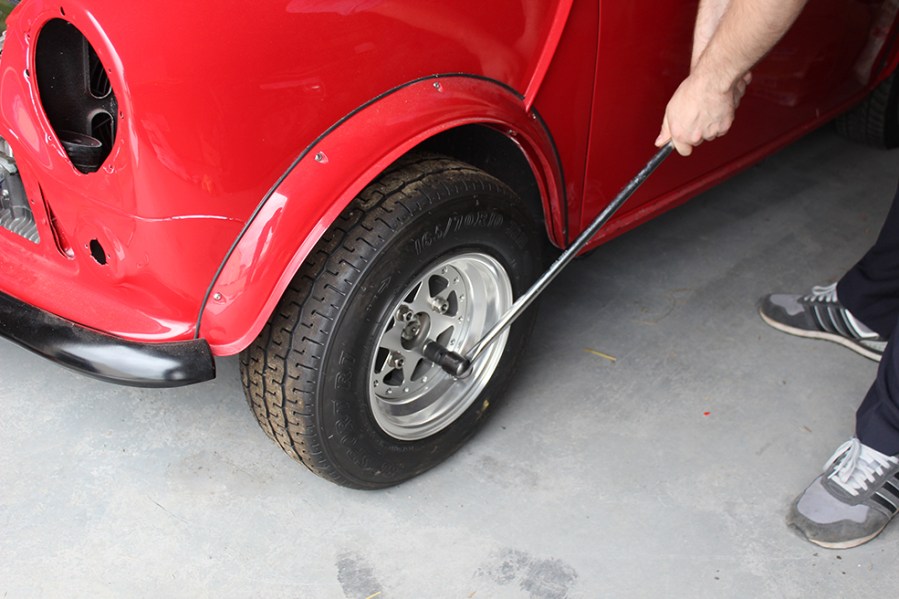Enthusiasts have expressed concerns over a new Department for Transport consultation on modernising vehicle standards – with fears that proposed new laws on ‘tampering’ would have consequences for old cars
The government wants the power to go beyond the existing Road Traffic Act 1988 in favour of a framework that better suits ever-advancing new vehicles, but there are fears that proposed new laws on ‘tampering’ would have consequences when it comes to altering vehicle systems and components on older cars.
On the face of it, the aim appears to be tighten emissions and allow a structured framework for autonomous vehicle testing, as well as preventing modification of factory speed limiters and data loggers, which are required on new vehicles by May 2024. However, the wording of the section on tampering is vague and has led to worries that it could prevent changing a standard component on an existing car, hence stopping tweaks or modifications and in turn putting specialists’ jobs at risk.
The consultation says the DfT will “create new offences for tampering with a system, part or component of a vehicle intended or adapted to be used on a road,” as well as making it an offence to advertise services or products that facilitate such tampering.
The wording in the consultation defines system, part or component as “software and/or hardware that impacts on the environment, road safety or security” and that this “would include examples such as those which assist or fulfil the driving task, control power, speed or emissions, protects road users or protects the vehicle from tampering.”
Depending on your interpretation, it could be argued that most of the components on a car fall under that definition, or only a select few. Engineer and TV personality Ralph Hoosier took to Twitter to lambast the proposals, believing it could make all car and motorcycle modification, tuning, customising illegal. “For instance, fitting bigger chunky tyres to make a car better off road will increase its emissions by a small amount, which this wording would ban,” he commented.
The concern is that the UK could end up with tighter laws more akin to some of our Continental counterparts, which have much stricter regulations when it comes to car modification. In Germany for instance, aftermarket parts much be certified to remain legal.
The consultation will end on November 22, with enthusiasts urged to respond. To have your say, head to www.smartsurvey.co.uk/s/ETVHG5 or search for the ‘Future of Transport Regulatory Review Consultation’.






